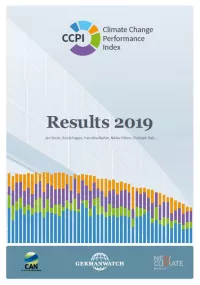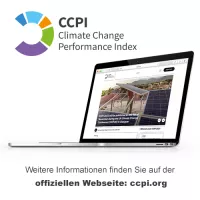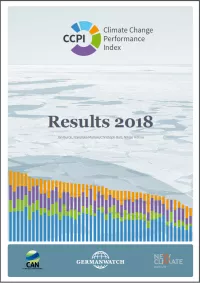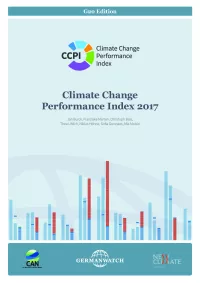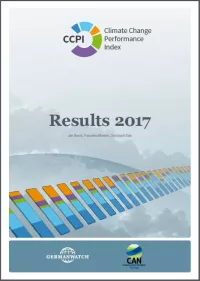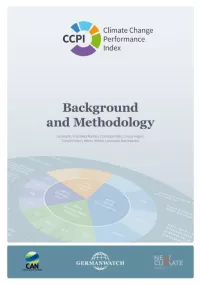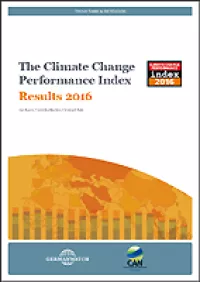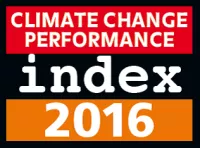
After three consecutive years of stable CO2 emissions, emissions are rising again. The Climate Change Performance Index 2019 (CCPI), published today at COP24 in Katowice, shows only few countries have started to implement strategies to limit global warming well below 2 or even 1.5°C. While there is a continued growth and competitiveness of renewable energy, especially in countries that had low shares before, the CCPI shows a lack of political will of most governments to phase out fossil fuels with the necessary speed. Because of that, in most countries the climate policy evaluation by national experts is significantly lower than in the last years.

